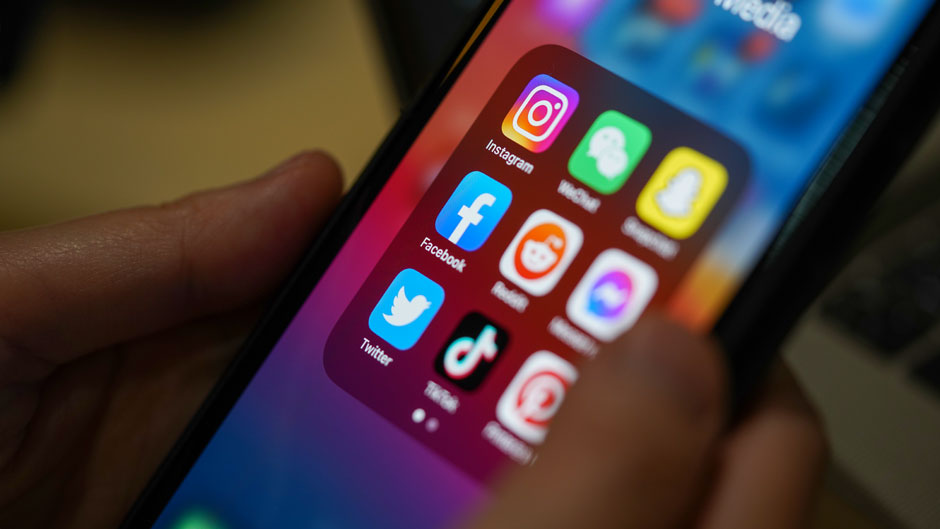Growth and Global Cybersecurity Concerns
Data shows that more than 13.57 percent of Tanzanians are using the Internet. This figure represents over 22 percent of the country’s total human population. Additionally, 85 in every 100 Tanzanians had mobile phone subscriptions as of 2021. Approximately 5.28 million Tanzanians had Facebook accounts as of March 2021, while Twitter currently has nearly 600,000 users in Tanzania.
Globally, four years ago, Facebook – the largest social media platform in the world – already had some 2.4 billion users, while YouTube and WhatsApp had not fewer than one billion users each. These figures paint a famous picture of the Internet’s influence worldwide. And the result is accurate. What we cannot see, however, is the other side of that influence.
The Internet’s original vision of open information has given way to something more exploitative. The early promise of the Internet’s decentralized connections is now dominated by corporate visions of deregulated markets that rely on private data gathered from end-users. The early benefits of unlimited communication are now controlled by governments interested in surveilling their citizens for safety instead of protecting constitutional or human rights.
For instance, China, Russia, and the United States have found ways to incorporate the whole Internet and its communications systems for an all-out total information war. The well-publicized and documented investigation into the 2016 U.S. presidential election is but one example of the results of data insecurity. Russian hackers allegedly gained access to Democratic Party e-mails, releasing Hillary Clinton’s and John Podesta’s private messages to WikiLeaks and installing malware on adversaries’ computers.
The Chilling Reality of Data Insecurity and Global Power Play
In addition, in 2018, the Chinese telecommunications firm Huawei was singled out for its suspicious actions related to hacking and spying technologies. The company reportedly maintains ties with Chinese security services, and governments internationally are publicly worrying about adopting Huawei’s fifth-generation (5G) mobile network.
America believes that Huawei’s primary goal is to build a robust and universally used information network system to make Chinese technology a foundation for the global flow of information and transactions and thus expand the Chinese Communist Party’s leverage, influence, and power worldwide.”
According to America, China wants to keep an eye on predicting and controlling world events in real time through a Chinese-grown operating system capable of dominating geopolitics. It is increasingly clear that international efforts to spy and impact our information infrastructure are reaching a fever pitch.
That said, it is not clear how or when this will end. The result will likely be warring countries that surveil everyone who happens to be online in one form or another. We may be experiencing that now, but we don’t feel it yet. What is clear, though, is that this is unsustainable. People will eventually catch on.
What exactly happens when we are surveilled? What does it do to us? While some can share misinformation with impunity, others feel the weight of millions of eyes and coordinated attempts at public shaming.
Indeed, the chilling effect of data insecurity is that it directly affects whole populations and their ability to hold or investigate unpopular opinions and topics. Research shows that people are less likely to search for subjects that are seen as controversial if they are more aware of spying efforts.
Another danger of data insecurity is that people mistrust all institutions, even those just slightly aligned with or utterly independent of culprit organizations. This is similar to the effect that spreading fake news has had on legitimate news organizations. The scale of data insecurity is comprehensive, and if this mistrust continues, people will question the legitimacy of all institutions aligned with the dominant power structures, even if the work they do is genuine.
Another negative impact is the “boiling frog” principle, where people slowly get used to a gradual decline in quality of life and accept poor conditions if they come gradually rather than abruptly. In this case, the slow violation of our privacy and the quietly expanding surveillance areas, where it once seemed inappropriate, serve to normalize its previously disturbing presence. Eventually, surveillance seems like the best and only solution to societal ills.
For example, several horrifying school shootings, particularly in America over the past decade, have provoked solid responses for arming teachers with guns, keeping armed guards on school grounds, and implementing extremely tight security measures that include installing surveillance cameras, deploying facial recognition, license plate readers, microphones for gunshot detection and even patrol robots.
In the Shadow of Screens: The Urgent Need for Online Privacy
In a screen-mediated world, privacy will not exist as long as the opaque glass points one way and we cannot see what is on the other side. We must find ways to resist the total surveillance of all our activities, whether to keep our daily routines private or to protect national security.
On both a small scale and a large scale, we will need to find ways to resist encroaching technologies until unequivocal transparency exists for how data is generated from and implemented on users. The future of the Internet is dark, and it comes with total privacy loss.

